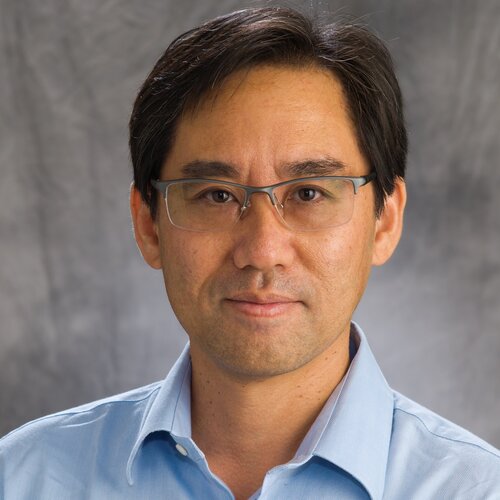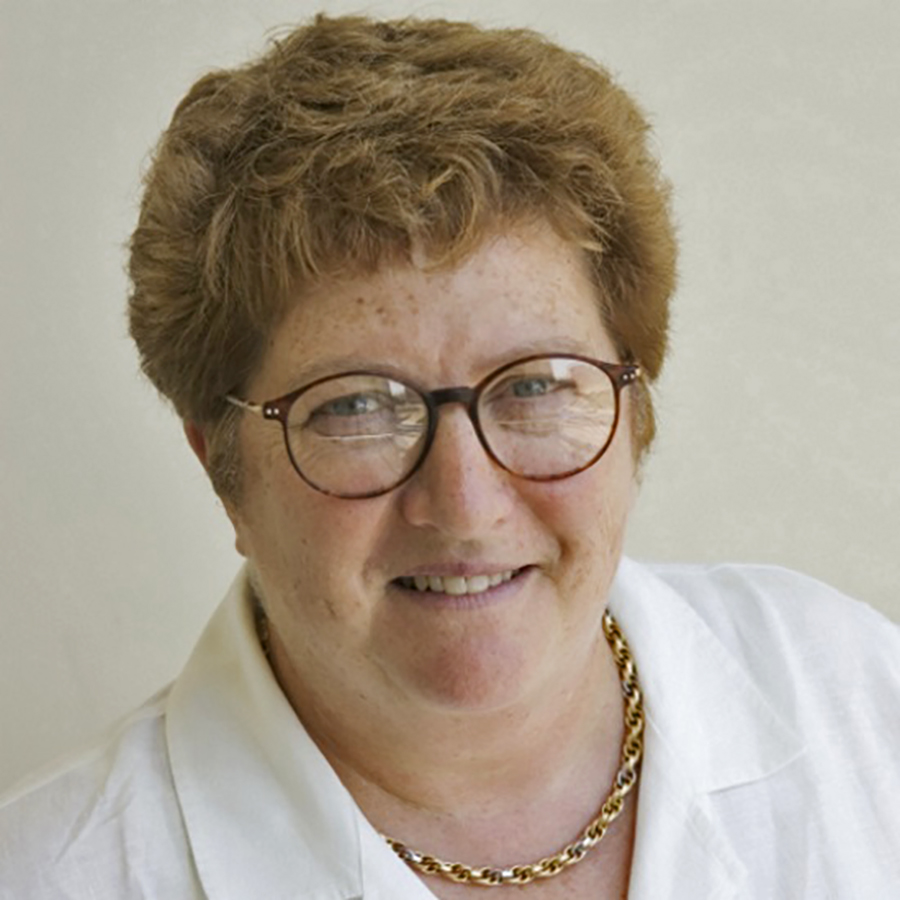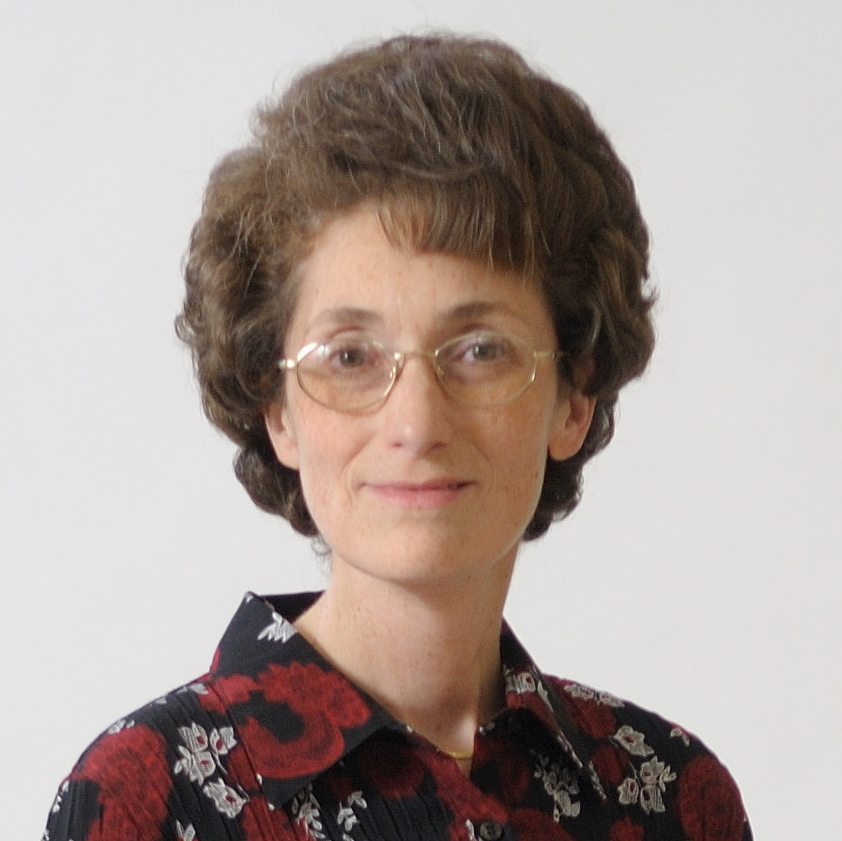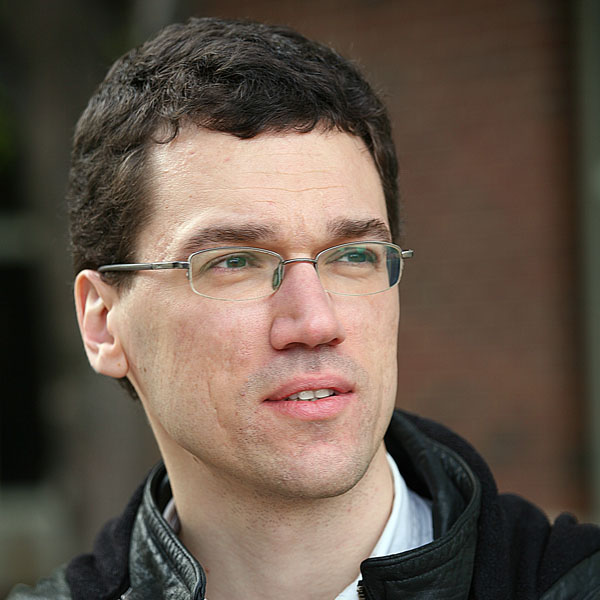
So Hirata
Marvin T. Schmidt Professor of Chemistry and Blue Waters Professor
Our research objective is to push the limits of quantitative theories and computing technology to interpret and sometimes predict the properties and transformations of molecules, polymers, solids, and liquids computationally. We develop new mathematical methods and computational algorithms to make the fundamental equations of motion of chemistry, which are high-dimensional partial differential equations with complex boundary conditions, tractable for numerical solutions. To this end, we study the mathematical structure of wave functions of molecules and solids in various states and asymptotic behavior of inter-particle interactions at short and long ranges. The resulting predictive computational methods and software that implements them have the potential of becoming an independent method of discovery in addition to being an essential interpreter of experimental results.

Nick Jackson
Assistant Professor of Chemistry
The Jackson Lab’s research goals center on characterizing and designing the next generation of soft materials using advanced theory and simulation. We are particularly focused on soft materials that exhibit useful applications in semiconducting, energy storage, energy generation, and bioelectronic technologies. We employ a broad toolset that integrates molecular quantum mechanics, computational statistical mechanics, and machine learning, with a strong focus on the development of new multiscale simulation methodologies that help bring quantum-chemical accuracy to the mesoscale.

Zaida (Zan) Luthey-Schulten
Murchison-Mallory Endowed Chair in Chemistry
Luthey-Schulten Research Group
Determining the rules of life for a minimal bacteria cell. GPU-based simulations of stochastic/deterministic processes in bacterial and eukaryal cells at biologically relevant length, time, and concentration scales. Computational studies of biomolecular energy landscapes to explore the evolution of structure, folding and function; statistical methods of protein folding – thermodynamics and kinetics; design of optimized energy functions for protein structure prediction; structural genomics of metabolic pathways.

Nancy Makri
Edward William and Jane Marr Gutgsell Chair and Professor of Chemistry
The central goal of our research is to advance the theoretical understanding of quantum mechanical processes in large molecules and the condensed phase. Unless severe approximations are introduced, direct solution of the Schrodinger equation is feasible only for small molecules, as it requires computational effort that increases exponentially with the number of particles. We develop new theoretical descriptions and simulation methods based on Feynman’s path integral formulation of quantum dynamics and apply them to investigate tunneling and coherence phenomena, proton and electron transfer reactions in solution and biological systems, the dynamics of quantum fluids, and excitation energy transfer in molecular aggregates and light harvesting complexes.

Taras Pogorelov
Research Assistant Professor of Chemistry
We are physicists, chemists, biologists, and computer scientists who address pressing questions in molecular biology of the cell signaling in health and disease. We develop computational methods and workflows by combining frameworks of molecular dynamics, quantum chemistry, and molecular evolution with multi-resolution experimental data. Current emphasis is on functional lipids in membrane-associated phenomena, protein folding and interactions in complex environments, and plasma membrane cell signaling.